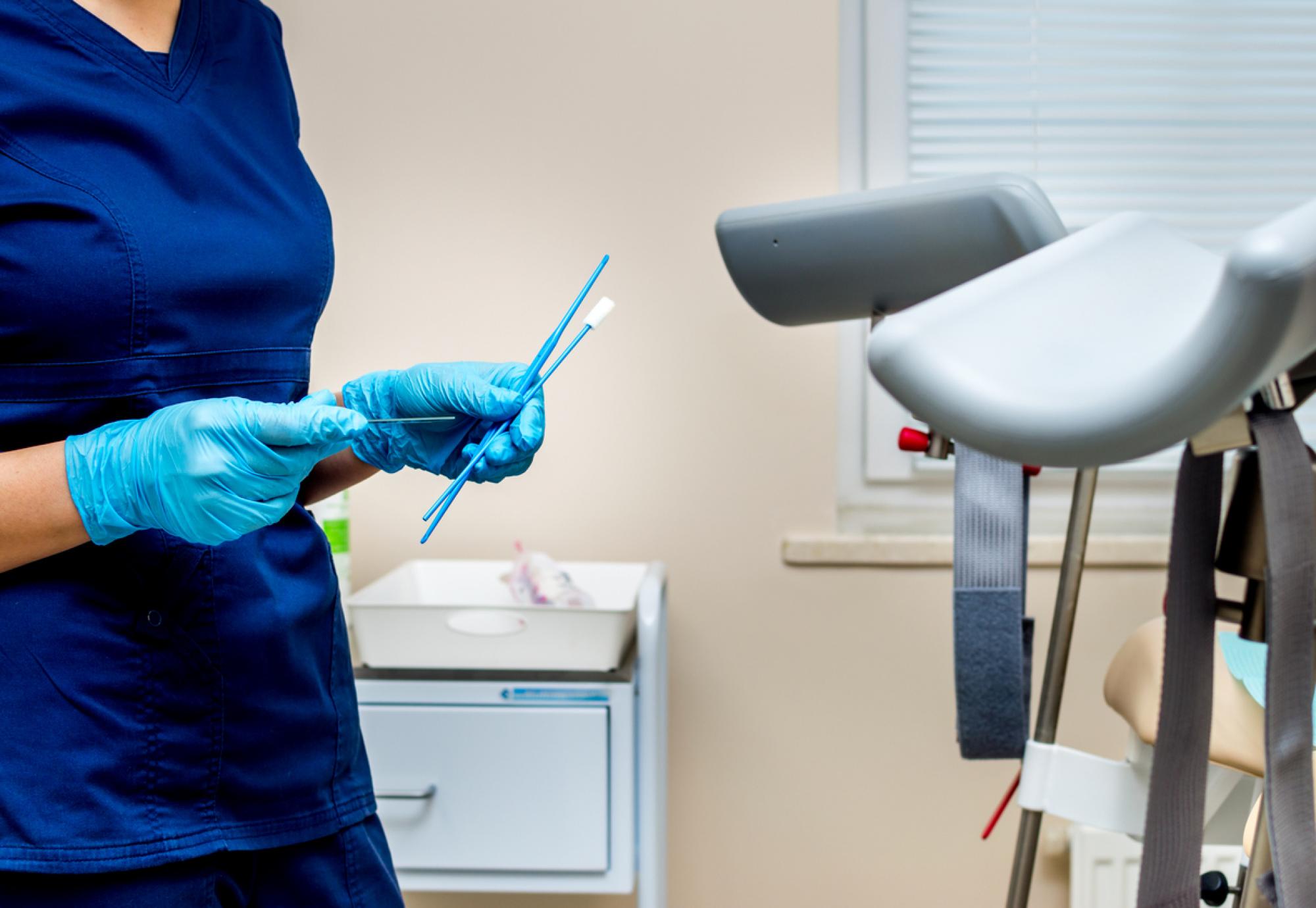Cervical screenings in Wales will be extended from every three years to every five years in an announcement made by Cervical Screening Wales.
The change came after recommendations from the UK National Screening Committee due to the recent success of HPV testing.
Women aged 25-49 will now only been screened for cancerous cells every five years, the same time period as women aged 50-64.
Consultant in public health for Cervical Screening Wales, Heather Lewis said: "The HPV test we now use in Wales is more effective at identifying people at higher risk of developing cell changes which can cause cervical cancer.
"The evidence shows it is therefore safe to extend the time between cervical screening tests for people who do not have HPV identified."
An online petition, which calls for a rethink on the decision, has received more than 500,000 signatures from members of the public.
Public Health Wales has since put out an apology over any concerns that have been caused since the decision was made public. PHW have assured that the new method of testing will “save more lives” and will be releasing further information to help support this decision in the coming days.
Head of Programme for Cervical Screening Wales at Public Health Wales, Louise Dunk said: "Testing everyone who attends for cervical screening using a test for high risk HPV will identify those at risk and prevent more cancers than just examining the cells alone.
"It is a really positive development that this more effective test will mean that women and people with a cervix, who test negative for HPV, now only need to attend their testing every five years, rather than three."
One in 142 females in the UK will be diagnosed with cervical cancer in their lifetime according to Cancer Research UK.
Alice Davies, from Cancer Research UK agreed with the new recommendations in an interview with the BBC, saying: "As HPV causes virtually all cases of cervical cancer, this new way of testing samples detects more women at risk of developing cervical cancer,"
She added: "As the new test is more accurate at finding those at risk of cervical cancer, screening intervals can be safely extended from three to five years."



















